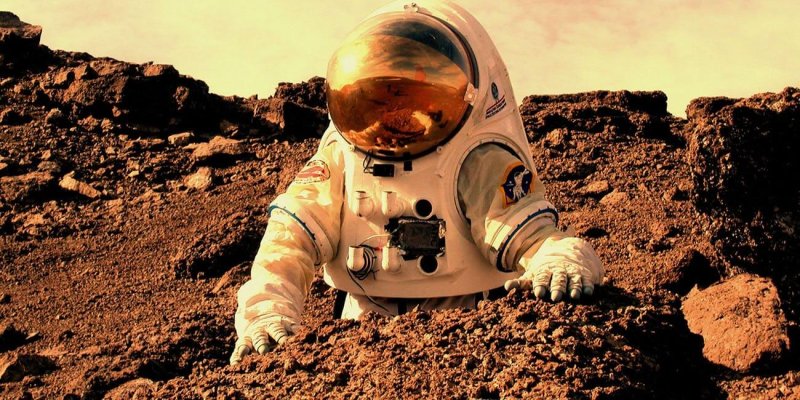One of the main health concerns with space travel is radiation exposure. If, for example, scientists could figure out a way to make human cells more resilient to the effects of radiation, astronauts could remain healthier for longer durations in space. Theoretically, this type of technology could also be used to combat the effects of radiation on healthy cells during cancer treatments on Earth, [geneticist Chris] Mason noted.
…
One way that scientists could alter future astronauts is through epigenetic engineering, which essentially means that they would “turn on or off” the expression of specific genes, Mason explained
Alternatively, and even more strangely, these researchers are exploring how to combine the DNA of other species, namely tardigrades, with human cells to make them more resistant to the harmful effects of spaceflight, like radiation. This wild concept was explored in a 2016 paper.
…
Genetically editing humans for space travel would likely be a part of natural changes to the human physiology that could occur after living on Mars for a number of years, Mason said. “It’s not if we evolve; it’s when we evolve,” he added.
Read full, original post: Can We Genetically Engineer Humans to Survive Missions to Mars?































